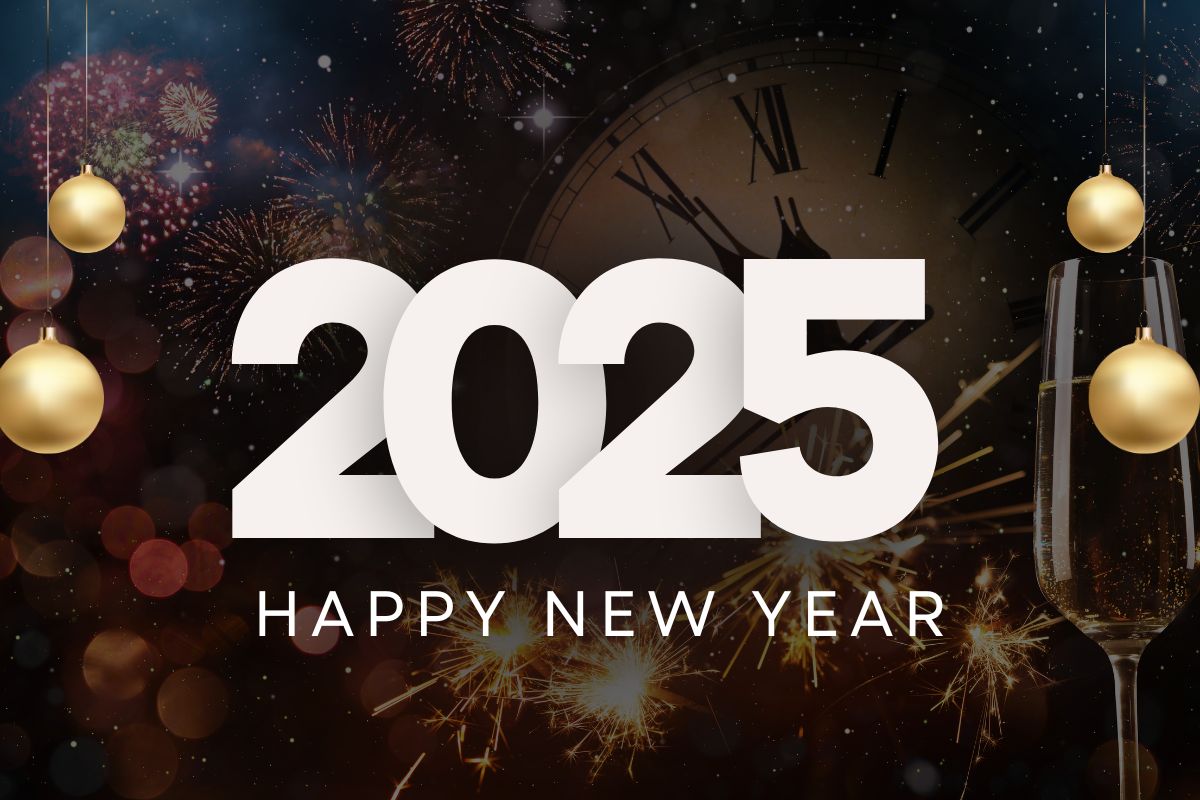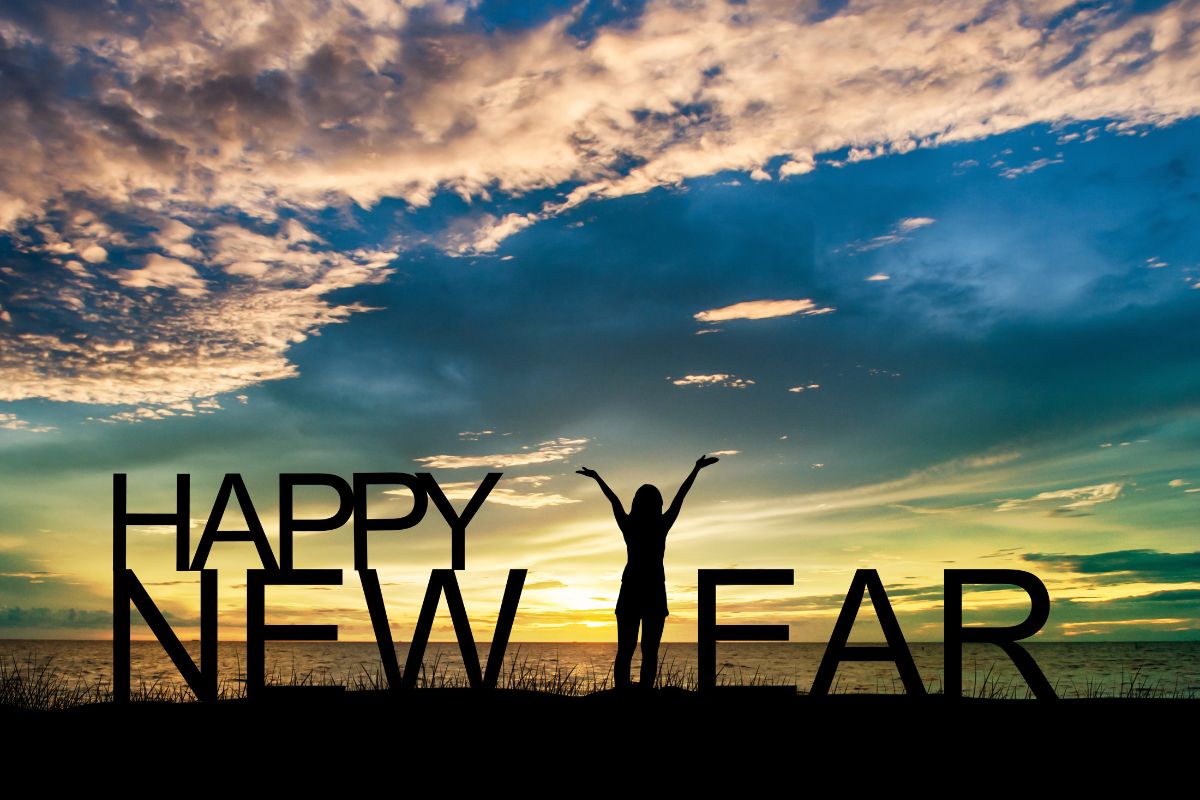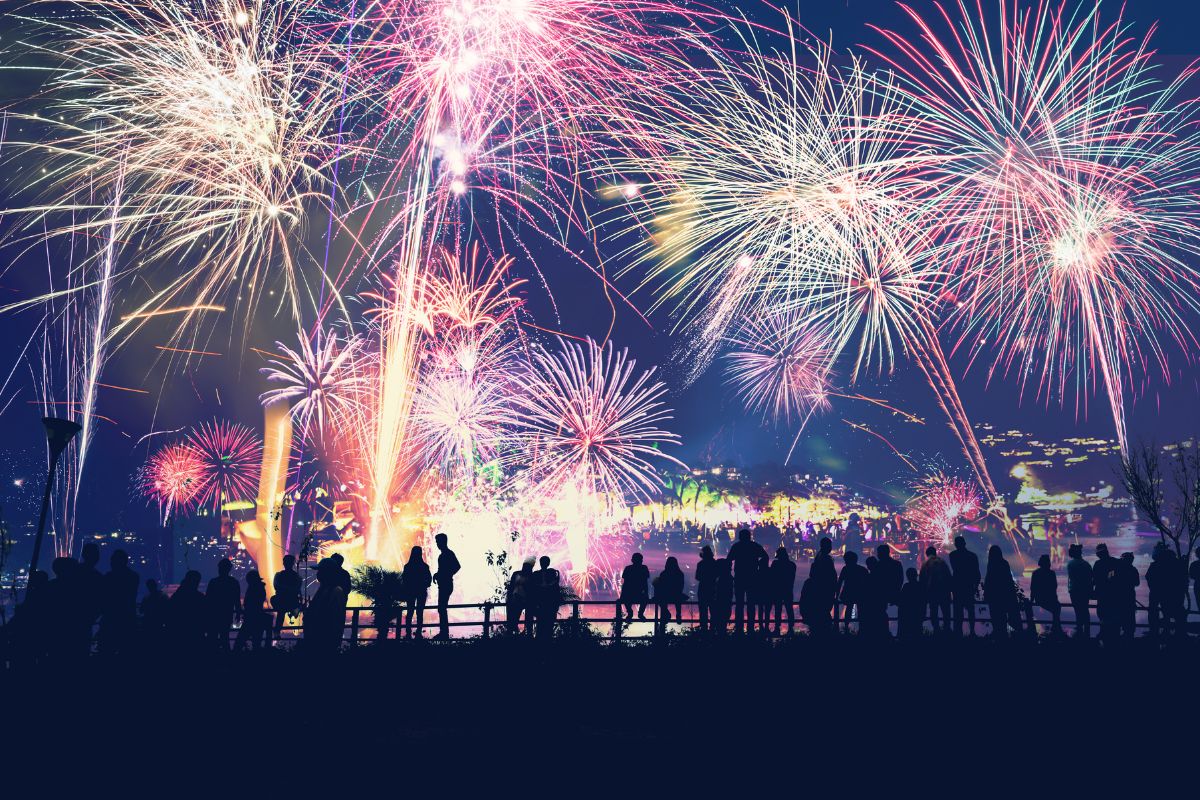


Celebrated on January 1, New Year’s Day launches another calendar year. This event—renewal, optimism, and introspection—crosses nations, religions, and civilizations as we prepare to greet Happy New Year 2025. New Year’s Day has great resonance from its historical roots to its modern significance for everyone all around.
Table of Contents
Toggle
Anchored in ancient civilizations, New Year’s Day has roots thousands of years. About 2000 BCE, Mesopotamia had one of the first recorded celebrations when the new year was connected to the March Vernal Equinox. Later on, Julius Caesar led changes to the Roman calendar.
To celebrate Janus, the Roman deity of beginnings and transitions, the Julian calendar set January 1 as the official start of the new year in 46 BCE. Two faces on Janus stood for the appropriate emblem for New Year’s Day: the capacity to gaze ahead to the future and backward at the past.
This custom changed over time. Religious concerns changed the Middle Ages New Year’s Day celebrations; many nations celebrated the new year on Easter or Christmas. Still the case today, Pope Gregory XIII’s ratification of the Gregorian calendar in 1582 restored January 1 as New Year’s Day.
Also read: Mat6Tube
New Year’s Day offers a fresh start, a chance to let the past go, and an opportunity to create new goals—not only a change of schedule. The meaning of the day is found in its universal appeal, which provides time for introspection and rejuvenation.
The celebration of Happy New Year 2025 emphasizes the universality of hope and personal relationships. From countdowns in Times Square to fireworks in Sydney Harbour, people all around join to commemorate the change to a new year, so strengthening a feeling of world friendship.
Making New Year’s resolutions takes the main stage in the ceremony. Deeply rooted in the old Babylonian custom of pledging allegiance to the gods, these individual obligations Resolutions now represent self-improvement and goal-setting, therefore motivating people to reach excellence in many spheres of life.
While the basic notion of renewal remains continuous, how New Year’s Day is celebrated varies greatly among cultures:
The celebrations change even as we get ready to greet Happy New Year 2025. Celebrations today combine modern practices with old rituals to produce a rich and varied experience.

Fireworks, which represent happiness and the elimination of negativity, have become associated with New Year’s celebrations. Millions of people visit iconic sites such as Sydney, London, and New York to see amazing shows lighting their sky.
Millions of people around are assembling in public spaces or turning into live broadcasts, so signifying the countdown to midnight as an event of shared expectation. One emblem of the celebration that never changes is the ball dropped in Times Square.
New Year’s Day also marks an honoring of family reunion and communal togetherness. Many people attend events or organize parties to let loved ones share the excitement of the occasion.
New Year’s Day presents an opportunity for introspection long beyond the festivities. Important ways to honor the event are to jot down objectives, thank you for the past year, and forward-looking plans.
Celebrating New Year’s Day is an enduring custom reflecting mankind’s natural urge for hope and rebirth. This is a day to stop, consider, and straighten our priorities. It lets us honor past successes, grow from mistakes, and create goals for next years.
Furthermore, the event promotes solidarity since people, families, and societies gather to participate in the common delight of opening a new chapter. The festivities as we welcome Happy New Year 2025 serve as a reminder of the need for hope, fortitude, and optimism.
Also read: Sikkim’s Silk Route Adventure
Happy New Year 2025 is a worldwide phenomenon rich in historical relevance that transcends mere calendar celebrations. From prehistoric Mesopotamia to modern celebrations, New Year’s Day still motivates and brings people all around together. Let us carry forward the attitude of rebirth to our common humanity, and eagerly anticipate a future full of possibilities as we enter 2025. May all have success, serenity, and delight in this New Year!

